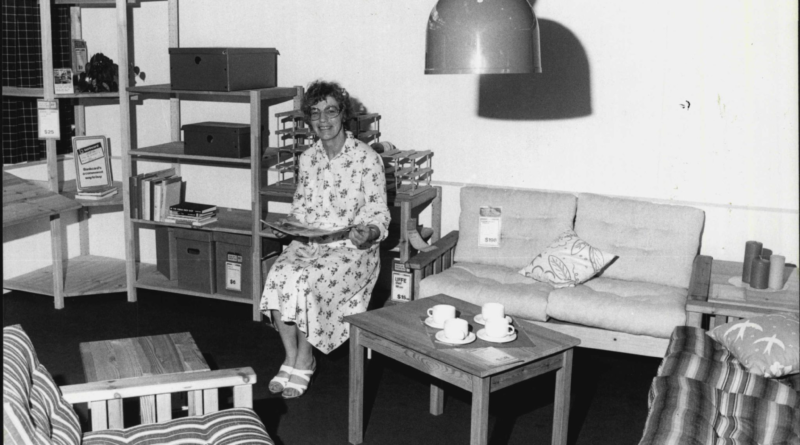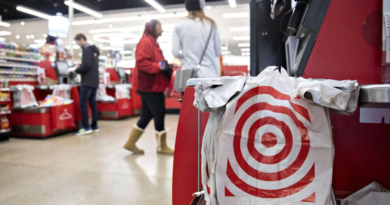Ikea pledges €6 million to former prisoners of communist East Germany who were forced to build flat-pack furniture during the Cold War
Ikea agreed to pay millions to former prisoners who worked at German factories between 1960 and 1990.
The Swedish company was the subject of an investigation by auditors Ernst & Young in 2012, which scoured through tens of thousands of documents and archival objects to find that Ikea used prisoners to make its furniture in communist East Germany.
At the time former East Germany was occupied by the Soviet Union before being reunified in 1990 to form present-day Germany. Thousands of political prisoners were forced to work at factories in East Germany, including at Ikea.
“We deeply regret that this happened,” Walter Kadnar, CEO of Ikea Germany, said in a statement Tuesday. “Since it became known that Ikea products were also made by political prisoners in the GDR [former East Germany], Ikea has consistently worked to clarify the matter.”
Over a decade ago, following media reports, Ikea launched its own independent probe into the use of forced labor. It found that 66 East German companies and 117 factories linked to the company did so between 1960 and 1990.
Some of the managers at the time, from 1978 to 1981, were aware of the use of forced labor, the Financial Times reported.
Ikea is not alone in the matter, as East Germany was a hotspot for cheap labor under the communist regime, which many companies capitalized on.
The company is now voluntarily paying €6 million toward a government fund compensating the forced labor victims under East German dictatorship.
“We gave our word to those affected that we would participate in supporting them. We therefore welcome the implementation of the hardship fund and are pleased to be able to keep our promise,” said Kadnar.
When reached for comment, representatives at Ikea directed Fortune to the official statement released by the German parliament.
In the late 1990s, Ikea was accused of using child labor to make its furniture—a claim it later investigated. It has overhauled its supply-chain practices since, including adopting a hard-line stance against child labor. The company said that it has had “the world’s most advanced and recognized supplier codes of conduct” since the turn of the century.
Ikea’s effort to compensate former East German prisoners is the first of its kind, and one that’s been welcomed by impacted communities.
“Ikea’s pledge to support the hardship fund is an expression of a responsible approach to dealing with dark chapters in the company’s own history,” said Evelyn Zupke, special representative for GDR victims in the German parliament.
“We can’t undo what prisoners had to suffer in the GDR’s prisons, but we can treat them with respect today and support them.”



